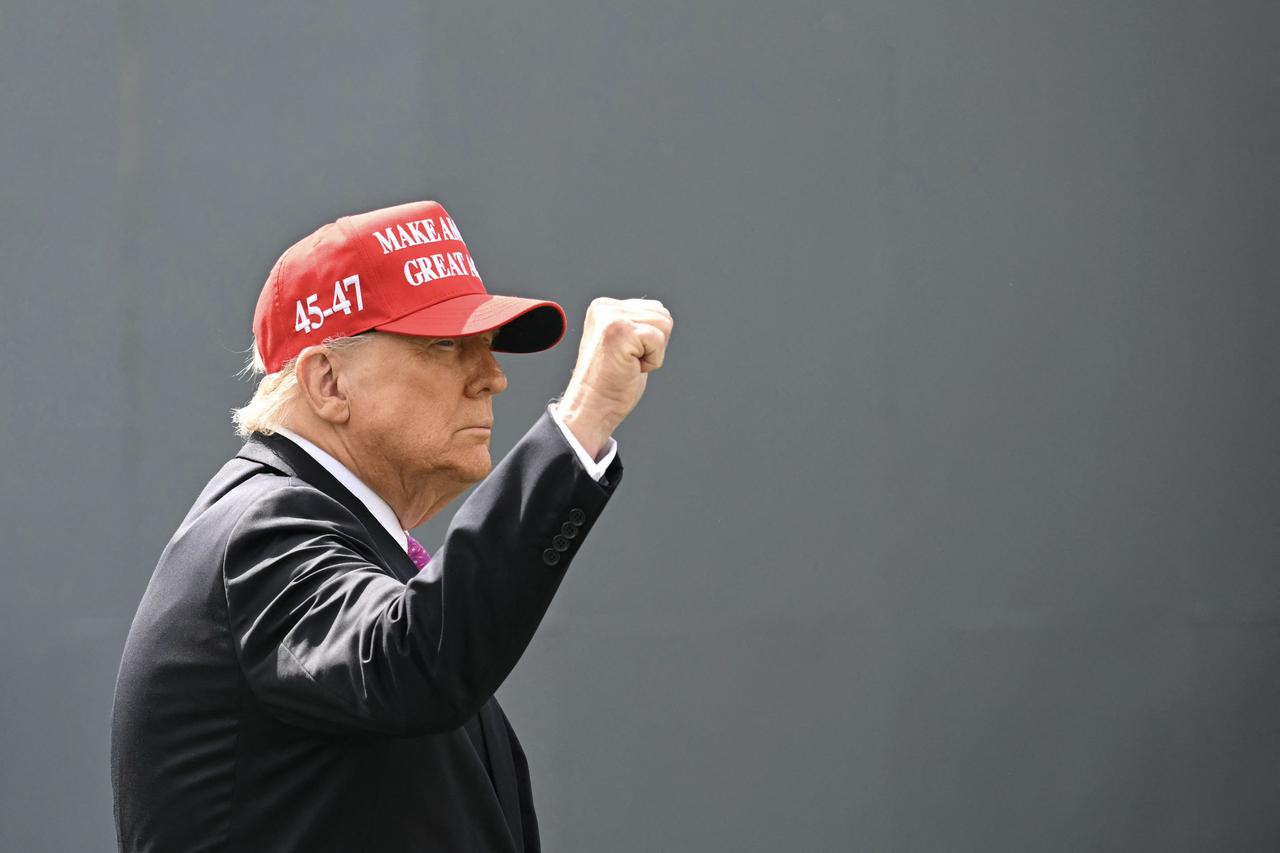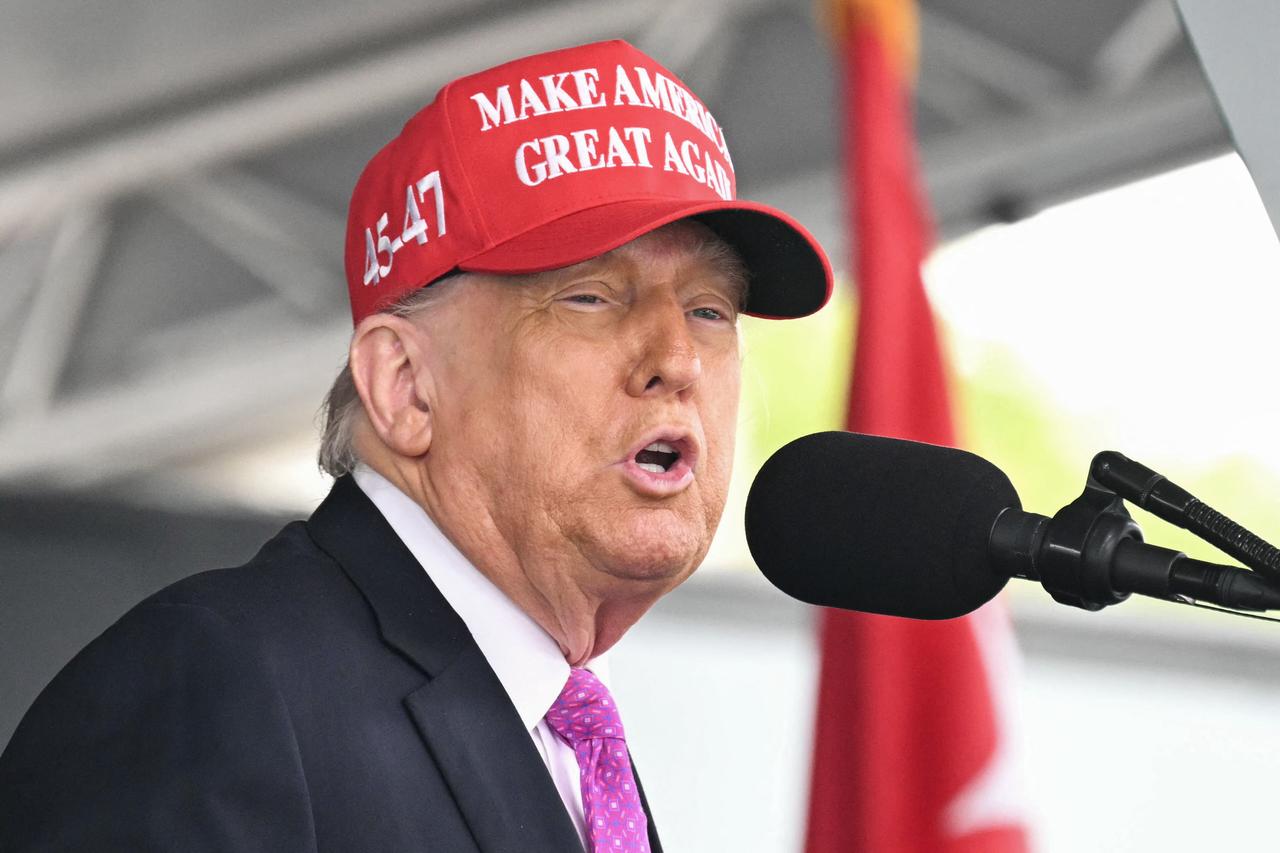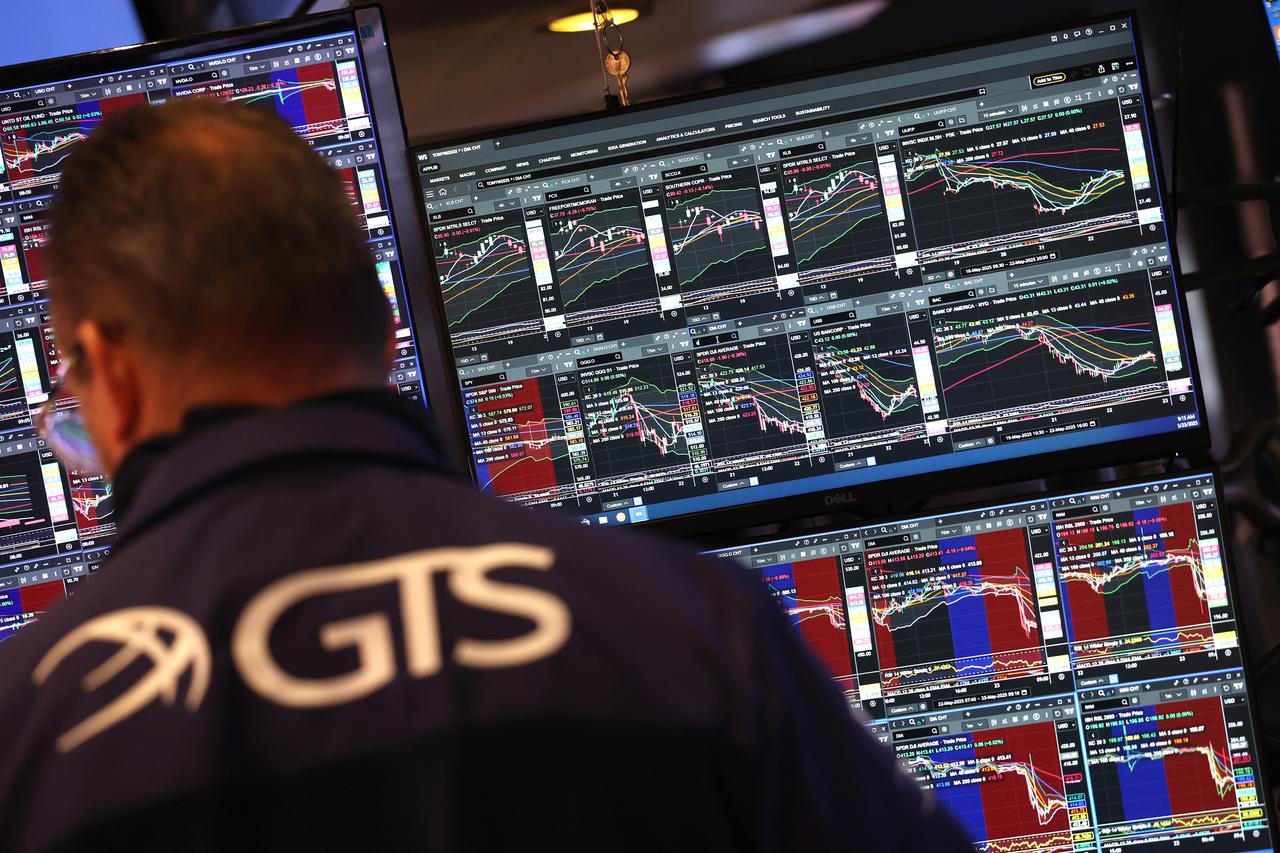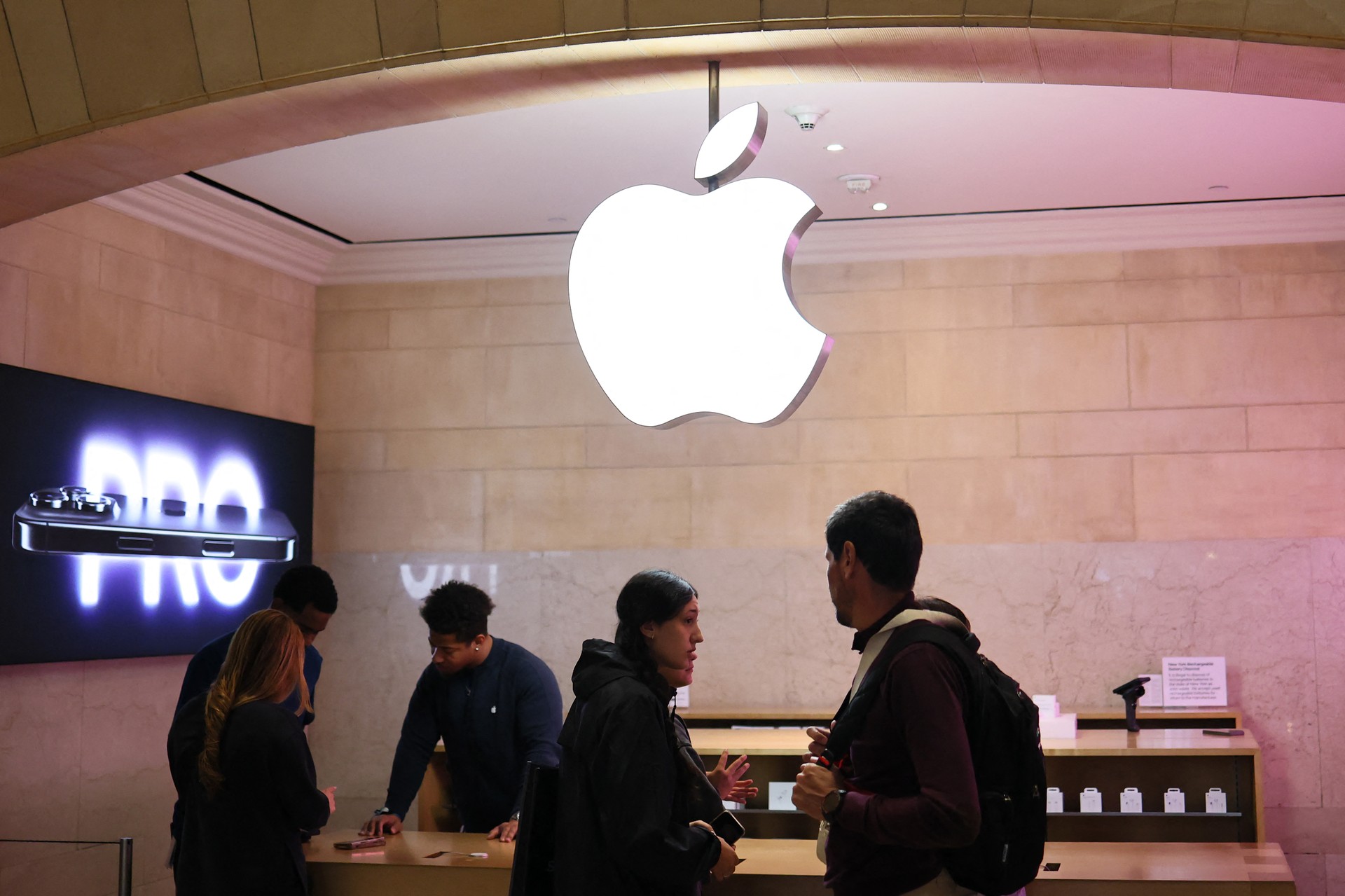
U.S. President Donald Trump threatened to impose a 50% tariff on all goods from the European Union starting June 1, escalating trade tensions between the United States and its major trading partner as negotiations stall.
The Trump EU tariff threat comes amid frustration over the pace of trade agreement progress, with the president citing a claimed $250 billion annual trade deficit with the bloc.
"The European Union, which was formed for the primary purpose of taking advantage of the United States on trade, has been very difficult to deal with," Trump posted on Truth Social, his social media platform.

European Commission Vice President and Trade Chief Maros Sefcovic responded with a defiant tone, emphasizing that any trade deal must be based on respect rather than threats.
"The EU's fully engaged, committed to securing a deal that works for both," Sefcovic wrote on X after speaking with US Trade Representative Jamieson Greer and Commerce Secretary Howard Lutnick.
"The European Commission remains ready to work in good faith. EU-US trade is unmatched and must be guided by mutual respect, not threats. We stand ready to defend our interests."
The EU official's statement came after Trump declared that discussions with the bloc "are going nowhere" and announced the tariff implementation unless products are manufactured in the United States.
Irish Prime Minister Micheal Martin called Trump's tariff threat "enormously disappointing," warning of severe economic consequences.
"Tariffs at the level suggested would not only push prices up, they would grievously damage one of the world's most dynamic and significant trading relationships, as well as disrupt wider global trade," Martin wrote on X.
"We do not need to go down this road. Negotiations are the best and only sustainable way forward."
Dutch Prime Minister Dick Schoof advocated for a measured European response during a news briefing in The Hague.
"Our choice is to respond calmly—at least calmly, and I say this also on behalf of the European Union in this case—calmly and with restraint," Schoof said, expressing hope that Dutch investments in the US would lead to a "manageable" situation.

German Foreign Minister Johann Wadephul criticized the tariff threats, warning they would harm both American and European markets.
"I believe that such tariffs do not help anyone; they would only lead to the decline of economic development in both markets," Wadephul said at a Berlin news conference. "That is why we continue to focus on negotiations and support the European Commission."
French Trade Minister Laurent Saint-Martin said Trump's threats did nothing to help negotiations, maintaining France's position of "de-escalation, but we are ready to respond."
The EU represents one of the US's largest trading partners, with more than $600 billion in goods sent to America last year and $370 billion worth purchased from the US, according to government figures.
The US previously imposed a 20% rate on most EU goods from April 2, later halving them to allow for trade talks. However, 25% import taxes remain on steel, aluminum, and vehicle parts, with similar threats on pharmaceuticals, semiconductors, and other goods.
Trump later told reporters he was "not looking for a deal" but immediately added that significant European investment in the US might make him open to delays.

In the same announcement, Trump threatened Apple with a 25% tariff on iPhones not manufactured in the United States.
"I have long ago informed Tim Cook of Apple that I expect their iPhones that will be sold in the United States of America will be manufactured and built in the United States, not India, or anyplace else," Trump wrote. "If that is not the case, a tariff of at least 25% must be paid by Apple to the US."
Apple CEO Tim Cook recently stated that most iPhones sold in the US in coming months will come from India and Vietnam rather than China.

Trump's tariff announcements triggered falls in leading US stock indexes and European shares, according to Associated Press reports.
German MEP Bernd Lange, head of the EU's trade committee, threatened counter-tariffs against the US if negotiations fail.
"We will not allow ourselves to be pressured and will objectively attempt to begin negotiations next week," Lange told German newspaper Die Welt. "If the negotiations are unsuccessful, the European Union is strong enough to implement countermeasures, such as counter-tariffs, to offset the economic damage."
Trump cited "powerful trade barriers, VAT taxes, ridiculous corporate penalties, non-monetary trade barriers, monetary manipulations, and unfair and unjustified lawsuits against American companies" as justification for the tariff threats.
The European Commission has not yet announced potential retaliatory measures but is expected to convene consultations in the coming days regarding the Trump administration's latest trade actions.
Italian Foreign Minister Antonio Tajani told the Ansa news agency that the aim remained "zero-for-zero tariffs" between the trading partners.
Despite the escalating rhetoric, some European officials suggested viewing the tariff threats as part of ongoing negotiations rather than definitive policy.
Dutch Prime Minister Schoof noted that "tariffs can go up and down in talks with the US," suggesting the EU was likely to treat the announcement as a negotiating tactic.
The European Commission maintains its commitment to good-faith negotiations while preparing defensive measures should the threatened tariffs be implemented on June 1 as announced.